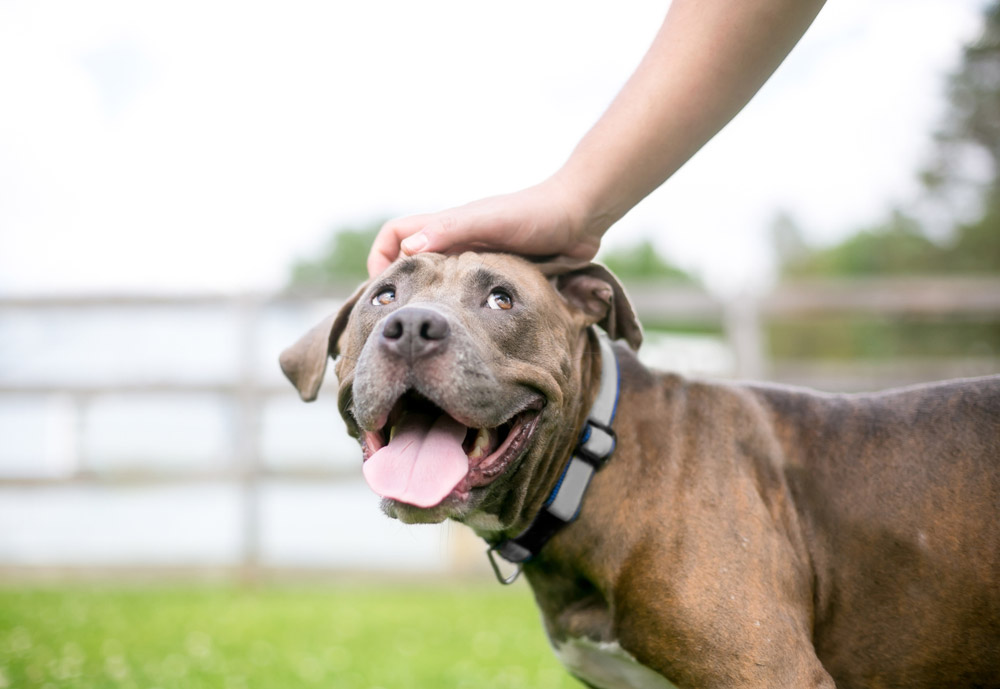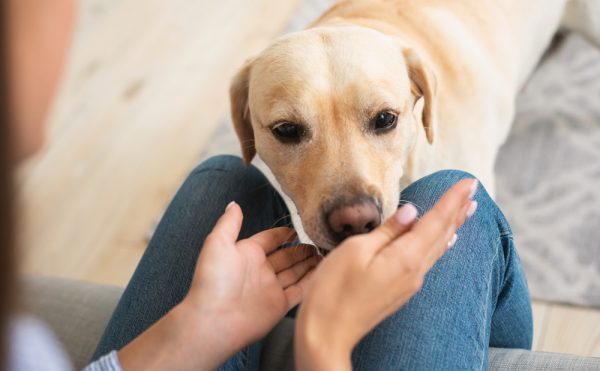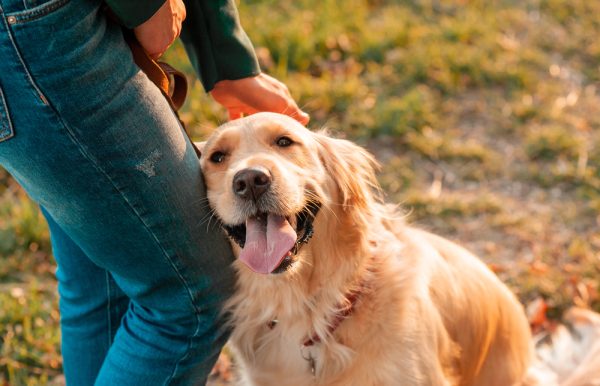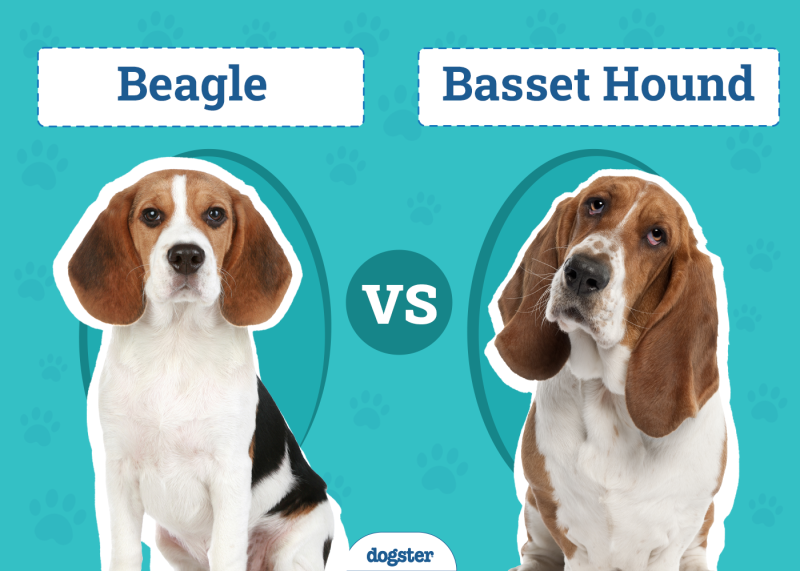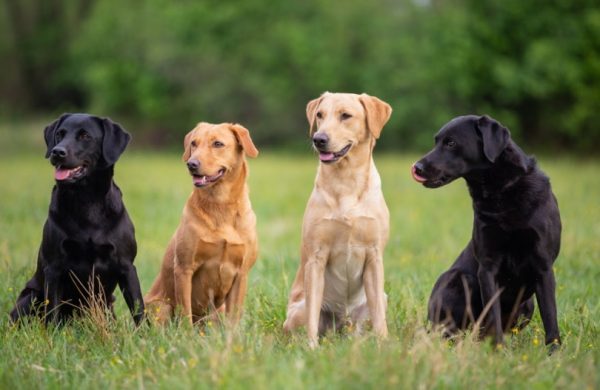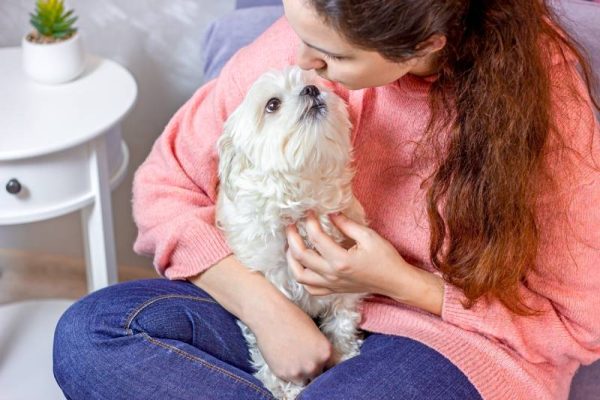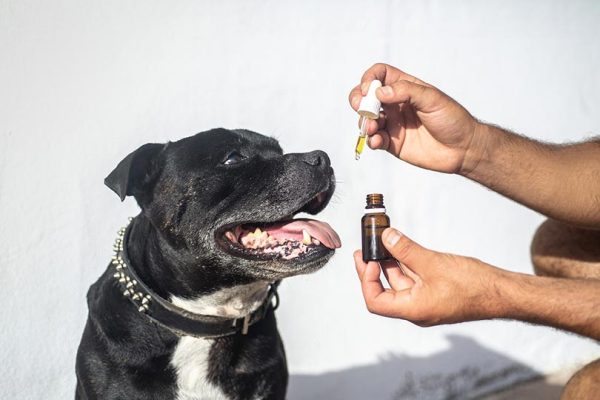Many dog breeds are naturally friendly and get excited about meeting new people or at least maintain a calm but reserved attitude. So, when a dog growls or seems fearful of a new person, we often assume there’s a good reason for it.
If your normally friendly pooch is suddenly suspicious or aggressive toward a stranger, is it cause for concern? Can dogs judge character? While it’s not foolproof, dogs do have the ability to sense mood, body language, and other signs that they may use to interpret someone’s intentions—and read their owner’s reactions.

Can Dogs Judge Character? What the Science Says
Dogs judging human character or sensing “good” and “bad” people has been a long standing belief among pet owners. In fact, there are several adages suggesting that we should trust our dog’s judgment around new people, but there hasn’t been a lot of research into the subject. The fundamental issue with proving this is that what comprises a good or bad character is completely subjective to us and depends on our moral scale. Though dogs can definitely read human body language 1, they don’t possess the same moral compass that we do.
A recent study from Neuroscience & Biobehavioral Reviews found that dogs can recognize if someone is being nice or rude to someone else, and they use that information to determine if that person can be trusted
In the study, dog owners were asked to struggle to open a container and ask a stranger for help. The strangers were instructed to stand there passively, help, or refuse to help. Then, each stranger offered treats to the dogs. The dogs responded by refusing treats from the strangers who were unhelpful to their owners.
Some researchers believe there’s truth to this, as dogs have evolved alongside humans and have to analyze our body language to decide how to respond to us. They have to be “quick studies” to decide who will help or harm them.
Dogs depend on us for everything, from food and shelter to love and companionship. Historically, it’s possible that dogs that could pick up on subtle hints from human behavior and body language would be less likely to find themselves in dangerous situations.
Interestingly, dogs are able to tell when we’re stressed 3, and therefore, might react differently around people that cause us stress. Therefore, they may interpret a moral compass of character in the same way we do in some situations. For instance, if someone is doing something that we perceive as wrong, the stress it causes us can be picked up by our dogs, who might adjust their response accordingly. However, this does require them using us as their moral compass and therefore, judging character based on our reactions, and not their own independent thought or reasoning.
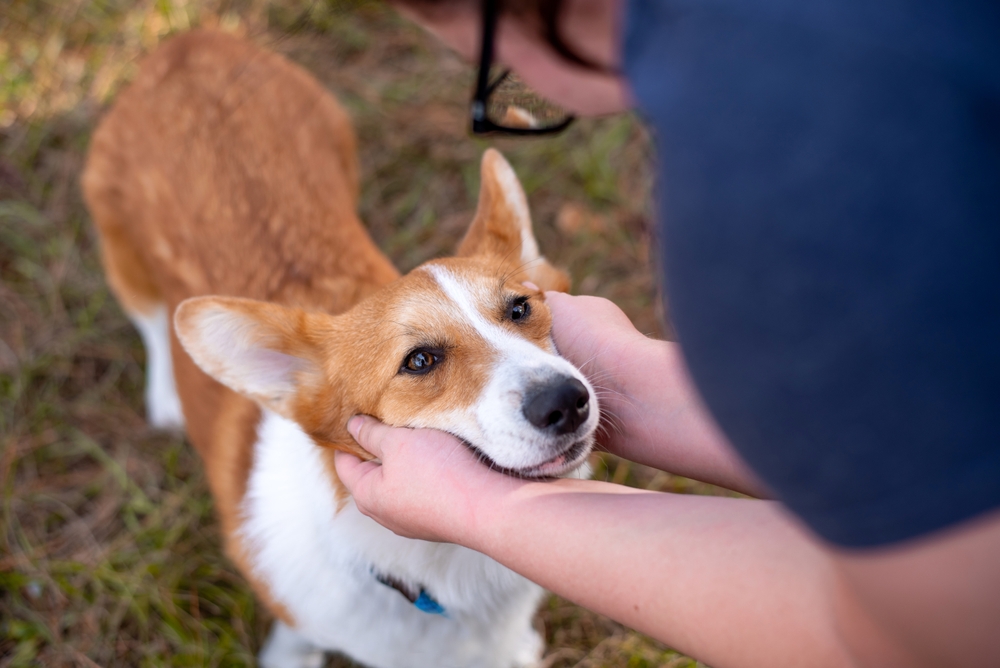
Can Dogs Read Body Language and Emotions?
Generally, yes, dogs can read body language and nonverbal communication. Research indicates that dogs can pick up on minutiae of body language to anticipate our behaviors, whether that’s a subtle threat to their safety or knowing that you’re about to take them for a walk.
In research labs, dogs performed better than chimps, small children, and their wild counterparts—wolves—in interpreting human body language. Like humans, dogs have a specialized brain region in the temporal lobe dedicated to reading body postures.4 And perhaps not surprisingly, dogs’ brain activation extends beyond visual processing to the parts of the brain that process smells. This is because dogs primarily interpret their world through scent, not sight.
It’s a holistic perception, but dogs place higher value on body language and scent than they do on facial expressions, which are humans’ primary source of information.
Are Dogs a Reliable Judge of Character?
The idea of someone’s “character” is fluid and defined by human culture, religion, and time. It’s impossible for us to clearly define “character” in black-and-white terms for humans, let alone among dogs.
However, dogs may be sensing something. Whether that’s good or bad is up to interpretation, and it can vary by dog breed, age, personal history, socialization, and more. For example, some breeds love everyone, like Beagles, while others are more naturally protective and aloof, like German Shepherds or Akitas.
Viewing situations from a dog’s perspective, people who behave in an unusual way or show behavior that could be perceived as threatening may get an aggressive or fearful response. That doesn’t necessarily mean that they’re a bad person, just that the dog (or owner) doesn’t feel comfortable.
For example, if you’re uncomfortable around someone, it’s likely that your dog will be, too. This doesn’t necessarily mean that the dog thinks the person is dangerous or untrustworthy, but that they see a change in your behavior.
People can be good judges of character, but it’s not infallible. The same is true of dogs. They may react to innocent people who have no ill intentions, such as people with movement disorders or people who are stressed or nervous for reasons that have nothing to do with the actual dog.
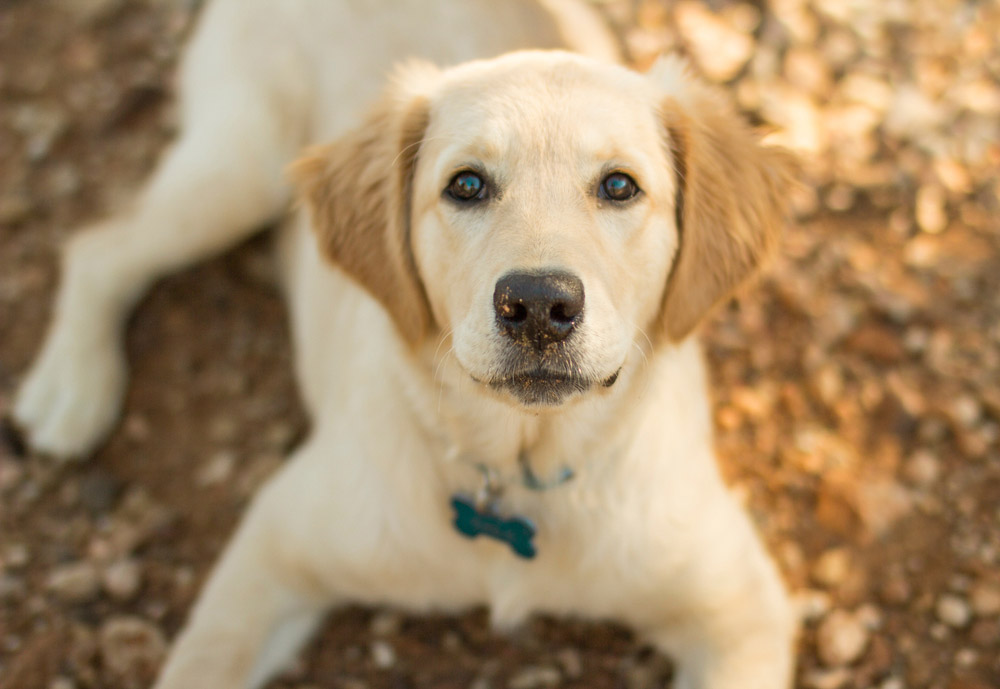

The Verdict
“Can dogs judge character?” is a nuanced question that doesn’t have a clear “yes” or “no” answer. Yes, dogs can interpret human body language and emotions, both of a stranger and their owners and use that information to make judgments about their safety and comfort level.
Their reaction to different people is informed by their own history and experiences, just like ours, and may not be a perfect gauge of someone’s intentions. However, dogs can sometimes pick up on the subtleties of body language better than we can, so it’s worth paying attention if your normally friendly and happy-go-lucky pup is suddenly unsure of a person. Maybe your dog is sensing your feelings of unease without you realizing it.
Featured Image Credit: Mary Swift, Shutterstock

